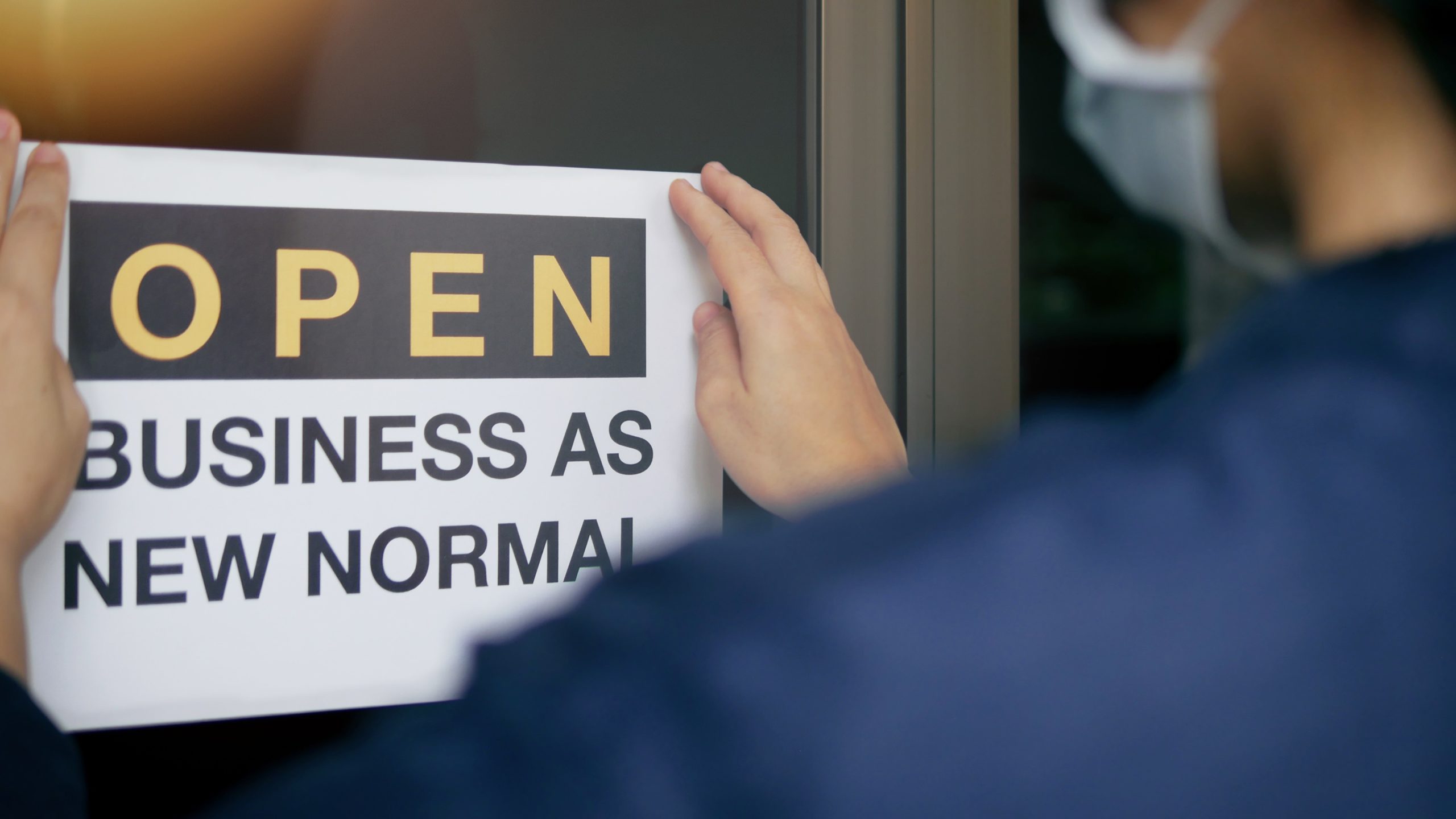As you begin to readjust back to your ‘normal’ pre-COVID lifestyle, you may experience some concern and apprehension around what is happening. We’ve pulled together the below tips and support services to help you transition.
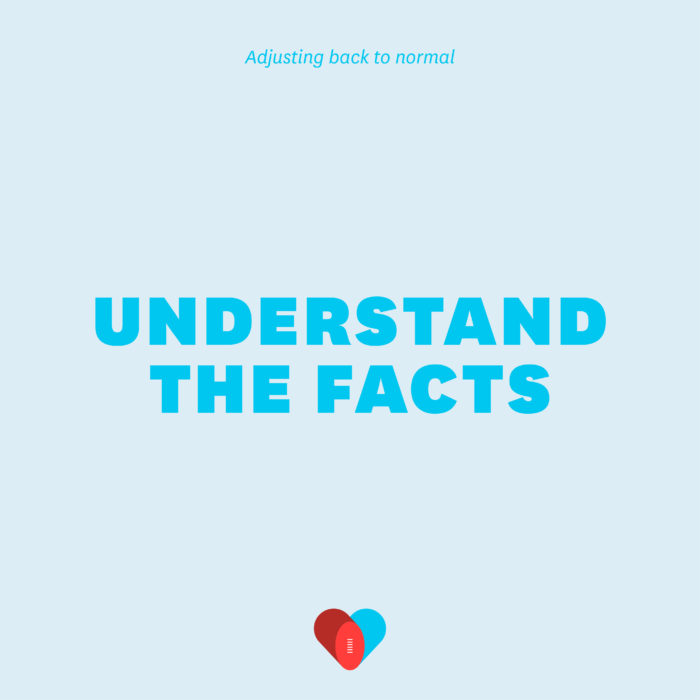
While restrictions have eased, they have not yet been completely removed. So, when adjusting to new regulations, be sure to continue be exercising caution and best safety practices. Specific to community football, ensure you are up to date with league and club regulations, informing all relevant stakeholders as well (players, coaches, committee members and fans)
News and updates from the Australian Government can be found here and information on COVID-19 infection control guidelines for community sport can be found here.
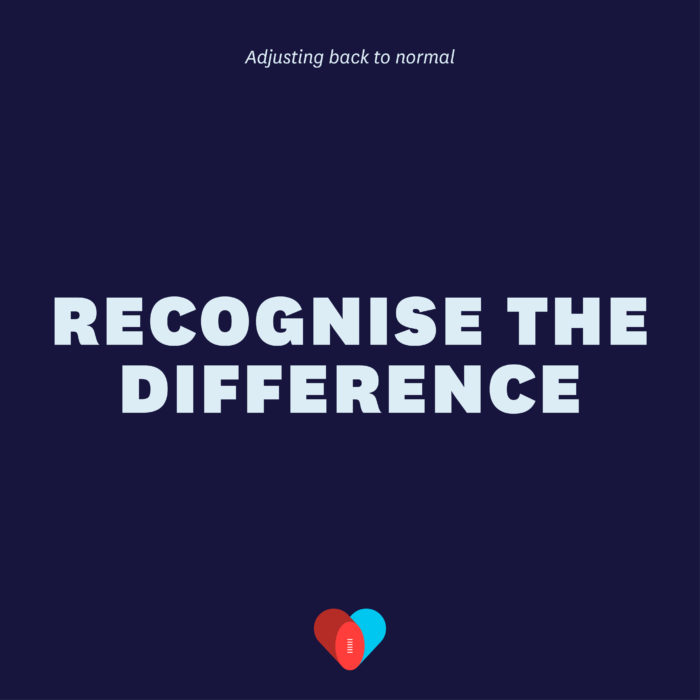
Even though you may be excited to get out and about again, other people might still be wary of the lasting effects and danger of the virus. Certain players or coaches may be observing regulations more conservatively than the guidelines indicate as a minimum, so be mindful that some may wish to refrain from tackling and fist-bumps. We recommend to continue offering personalized training plans and flexible face-to-face hours to ensure everyone is feeling safe and comfortable.
Information on how to continue to help stop the spread can be found here.
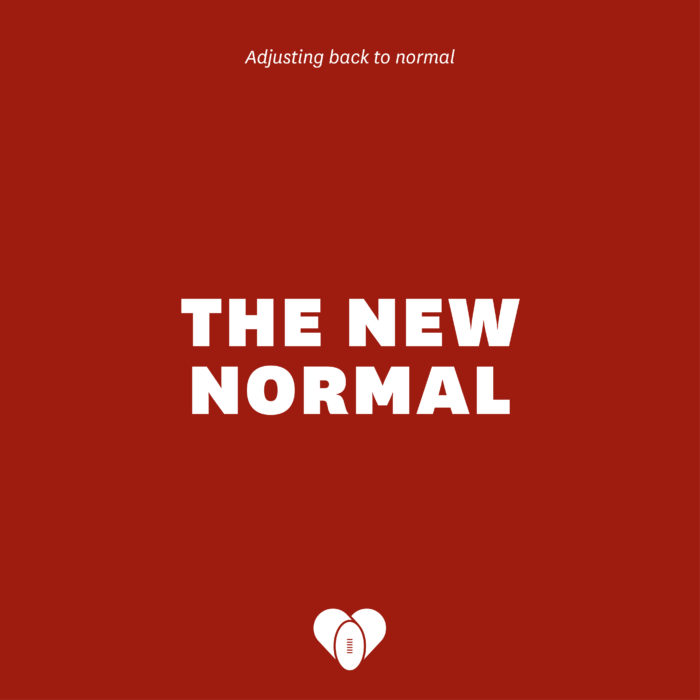
There may be lasting effects following the impact of COVID-19. Your local coffee shop may have moved, or open hours at your community gym may have shifted. We encourage exercising psychological flexibility to help navigate through the dynamically changing landscape, finding a way to embrace whatever your ‘new normal’ might look like.
If at any stage you feel like you need support, you can reach out here.
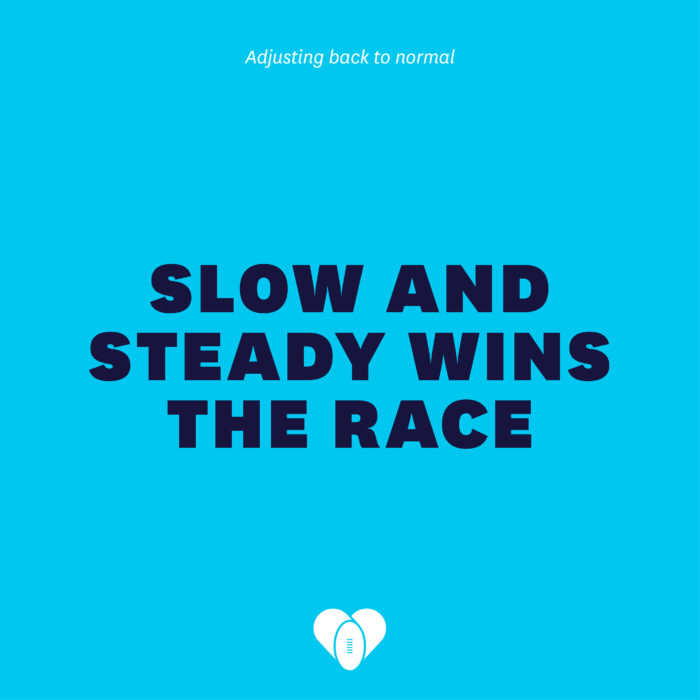
Managing any type of adjustment can be tricky, even when it is transitioning back into something positive. And, everyone deals with change differently. Some people will love rushing back into their old routines, while others may find it challenging. So, as the restrictions ease and you get back into the swing of things, take some time to check-in and monitor how you’re tracking.
Where required, don’t be shy to block out some time for yourself to make the adjustment a little more comfortable. It might seem strange putting ‘relaxation’ or ‘me-time’ into your to-do lists and calendar diaries, but it can help with balance.
While easing back in, be mindful of avoidance behaviours. Avoiding challenging experiences can sometimes helpful, but too much avoidance can increase stress related symptoms and make difficult experiences even more challenging to confront.
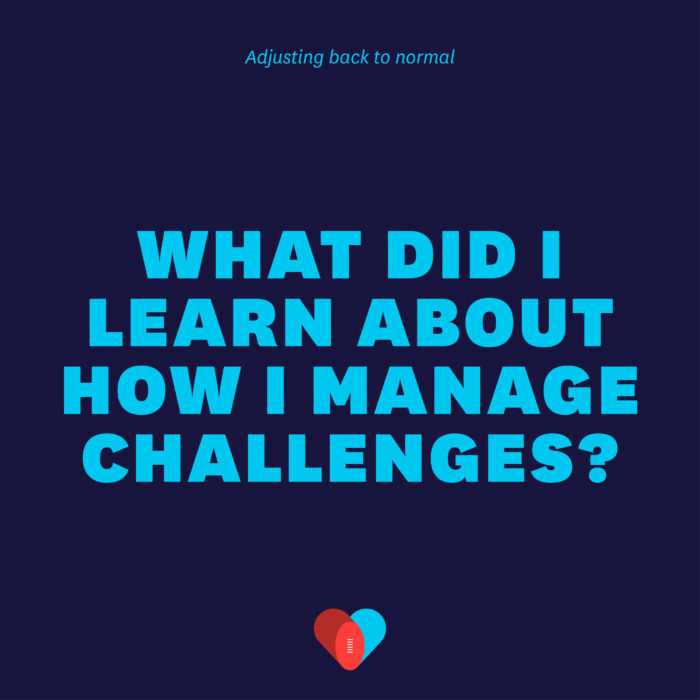
During the physical isolation period you may have experienced some upsides, such as spending extra time with family, cooking more often, or enjoying virtual/online exercise programs. Equally, you may have found this time challenging difficult, managing issues related decreased social interaction, too much down time, or restricted access to gyms and clubrooms.
Take some time to reflect on how you personally managed during this period, and find a way to integrate the lessons you learned about yourself into your ‘new normal’. If you really enjoyed the ease of working-out from home, continue that new online Pilates class you found on YouTube. If you’ve really missed seeing your friends, block out a regular time to catch up with them in person (following appropriate government legislation, which can be found here).
Need Support? If you know someone who requires urgent assistance or support, please contact:
Suicide call back service: 1300 659 467
Lifeline: 13 11 14
Kids Helpline: 1800 551 800
Emergency: 000
Support for AFL Players: If you are a current or past AFL Player and would like to know more about our specialised wellbeing and mental health services please contact the AFL Players’ Association at wellbeing@aflplayers.com.au or Tel. 03-8651 4300 (Mon to Fri, 9am – 5pm).
Click here to read our disclaimer.
Tackle Your Feelings has added extra online sessions for the month of June!
We are delivering what are usually face-to-face workshops, virtually online to help community coaches & club members understand, recognise and manage the signs of mental health.
Click here to sign up to one of our free online workshops.


